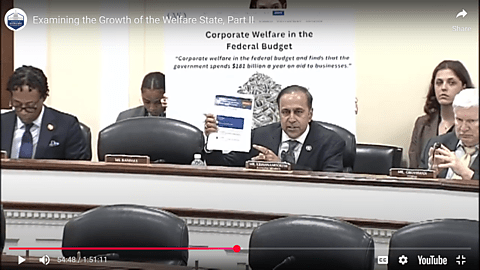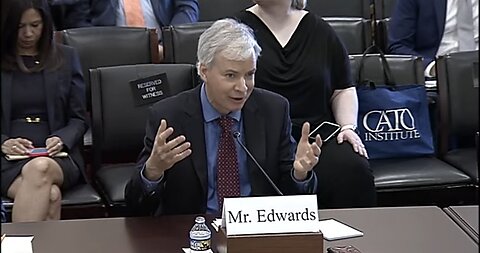
Numerous American cities suffer from political corruption. New York City has had trouble for decades. Corruption is also prevalent in Los Angeles. In corrupt cities, local officials abuse their discretionary powers over activities such as licensing, permitting, zoning, contracting, and granting. They shake down individuals and businesses to enrich themselves.
One recent case involving LA city council member José Luis Huizar was shocking. Huizar was sentenced last year to 156 months in prison.
Here are highlights of the case from the Department of Justice.
Former Los Angeles City Councilmember José Luis Huizar was sentenced today to 156 months in federal prison for using his powerful position at City Hall to enrich himself and his associates, as well as for cheating on his taxes.
… For years, Huizar led what prosecutors in court documents called the [Council District] CD-14 Enterprise, a criminal conspiracy that operated a pay-to-play scheme with three key goals: gain financial enrichment through bribes, maintain Huizar’s political power, and avoid detection by law enforcement.
By leveraging his position as CD-14’s councilmember and chair of the Planning and Land Use Management (PLUM) Committee, which oversaw all major commercial and residential development projects throughout the entire city, Huizar—assisted by others—sought nearly $2 million worth of benefits in bribes from real estate developers and their proxies.
The benefits ranged from cash bribes, casino gambling chips, prostitution services, political contributions, flights on private jets and commercial airlines, stays at luxury hotels and casinos, expensive meals, tickets to concerts and sporting events, and other things of value. In exchange for these benefits, Huizar used his positions of public office to take official acts and give favorable treatment towards the projects of the paying real estate developers.
Huizar facilitated at least five bribery schemes. In one of the schemes, Huizar solicited $500,000 in cash for himself and his co-conspirators from developer David Lee in exchange for taking an official act to resolve an appeal by a labor organization against Lee’s project. In another scheme, Huizar accepted more than $1 million in benefits from billionaire real estate developer, Wei Huang, in exchange for pushing future approvals of the redevelopment of Huang’s hotel into the tallest tower west of the Mississippi.
To maintain his political seat, which was threatened by a sexual harassment lawsuit in 2013, Huizar also schemed to surreptitiously route $600,000 in the form of collateral from Huang through a foreign shell company, which Huizar used to confidentially settle the lawsuit. Huizar similarly concealed his many other bribes, including by laundering cash through his mother and brother, and by omitting his financial benefits on his tax returns.
When Huizar’s final term for the CD-14 Council seat was set to expire in 2020, Huizar pushed his wife, who had never held public office, to run as his successor, then used the CD-14 Enterprise and the pay-to-play scheme to extract campaign contributions that would allow him to maintain political power through her.
The general problem here is that big government creates fertile grounds for corruption. More auditing and greater transparency would help, but the more licensing, permitting, and subsidies that cities enact, the more bribery scandals they will likely endure.
I discussed local corruption in this study on regulations.



